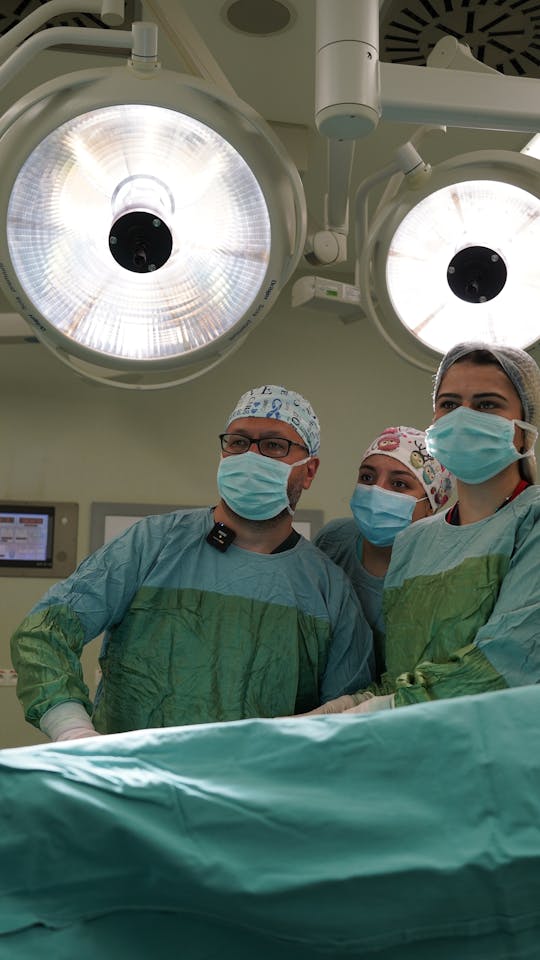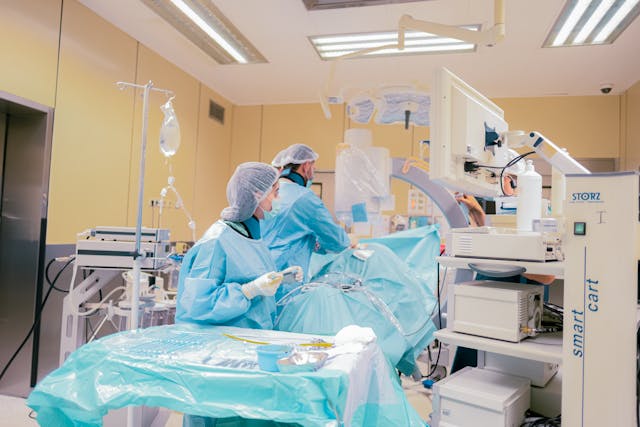Anterior hip replacement is an advanced surgical technique that has many benefits over traditional hip replacement. This is when the hip joint is accessed by cutting between muscles instead of cutting through them. Because of this, the surgical incision is smaller and leads to less disruption of surrounding tissues. It is important to prepare for this properly so that the surgical experience can be smooth.
Anterior hip replacement Melbourne is performed through an incision that is made at the front of the hip. This will allow the surgeon to work between muscles without detaching them from the bone. This is an innovative approach compared to traditional techniques for hip replacement where the procedure involves cutting through major muscles around the hip. But the anterior approach can spare muscles which can be quite beneficial. When there is less damage to muscles and tissues, there is less pain after the surgery. And the patients will be able to return to their normal activities quicker as minimal disruption to muscles is done. Mobility after the operation will occur much early on as a result of this procedure which will enable patients to walk with minimal assistance. And this approach can reduce the risk of hip dislocation which can be quite a common complication when it comes to hip replacement. There has to be effective preparation for anterior hip replacement. Before the surgery, patients will undergo a series of medical assessments so that it can be decided that they are suitable candidates for the procedure. This will include a comprehensive health assessment where the medical history of the patient will be reviewed along with the current medications and any underlying health conditions they have.

The condition of the hip joint will be assessed through X-rays
And MRI scans so that the surgical approach can be planned. The overall health of the patient will be assessed using preoperative testing which includes electrocardiograms, blood tests etc. As a patient, you have to understand the surgical process for this. The surgeon will provide a detailed explanation of the anterior hip replacement technique along with what you can expect before, during and after the surgery. You will also be informed on the anticipated recovery stages which include physical therapy, pain management, restrictions to activities etc. The surgeon will discuss any possible complications and how these will be managed.

There will be a physical preparation to this procedure as well.
You will be recommended to engage in pre-operative exercises. This includes strengthening the muscles around the hip and maintaining overall fitness so that you can have a smoother recovery. A physical therapist will recommend specific exercises. You will also need to maintain a healthy weight so that the stress on the new hip joint will be reduced. This will lower the risk of complications. If you are a smoker, you will be encouraged to quit before the surgery as it will impair healing and risk of surgical complications. Your home environment has to be prepared as well for recovering after the surgery. You can organise family members or friends to help with daily tasks. A safe living space can be created by removing tripping hazards and you can also make sure there is easy access to essential items.
